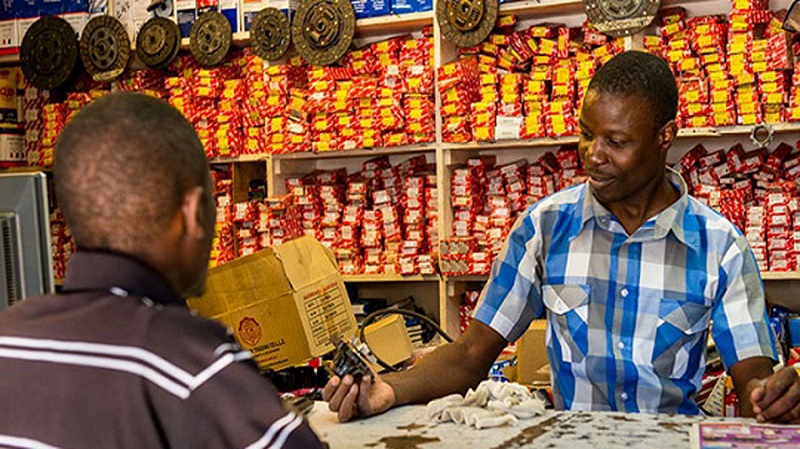Months after a crucial FX reform to unify rates, Nigeria’s FX market arbitrage is widening.
Nigeria’s Central Bank floated the Naira in June after years of pegging FX prices. Loosening control of the Naira was a crucial step in eliminating Nigeria’s multiple exchange rate windows. It was also a long overdue move touted as part of President Tinubu’s critical reforms aimed at unifying FX prices. Yet, two months after a Naira float that was supposed to unify rates, a significant arbitrage is emerging again.
While the Dollar traded at ₦758 on the I&E window on Tuesday, at the parallel market, it traded at ₦860, opening up a significant arbitrage opportunity. One of the critical reasons for the gap in both FX windows is CBN’s inability to meet the backlog of dollar demand. Some estimates put the dollar demand backlog at $2.5 billion. If those demands remain unmet, the parallel market will keep seeing a lot of activity.
Despite the reforms, the CBN has retained a ban on 43 items for which importers cannot get FX through official channels, forcing anyone trading these items to use the parallel market. Last week, the World Bank asked Nigeria to remove those restrictions to make the reforms more meaningful.
Will the CBN be tempted to peg the Naira again?
The CBN’s thinking is that the immediate reforms will encourage FX inflows. Last month, it ended a policy forcing IMTOs to pay remittance recipients in only foreign currency and increased the number of registered IMTOs. The endgame is to encourage remittance to go through official channels. Loosening FX restrictions is also linked to the fact that investors love stability.
Yet, these early moves have not provided significant quick wins. While the Nigerian Stock Exchange is enjoying a bull run that has seen it near an all-time high, investors are still not falling over themselves to rush into Nigeria. Many of those concerns are steeped in the notion that the CBN may be tempted to peg the Naira again if the gap between the parallel and I&E markets widens.
But everything suggests that the CBN is holding its nerve. After last month’s MPC meeting, the CBN acting governor, Folashodun Shonubi, said that volatility is expected. He also said the bank would “continue to intervene to bring the markets to the levels that we believe it should be.” His acknowledgment that pent-up demand is driving the current situation shows that the CBN chief has a clear grasp of issues, but it remains to be seen how quickly the bank’s intervention will have an impact.
Wale Edun, a monetary policy adviser to the Tinubu government, told lawmakers yesterday that the situation will improve as liquidity comes in. Bloomberg quoted him as saying, “The fundamental value of the naira should be somewhere around 700.”




















